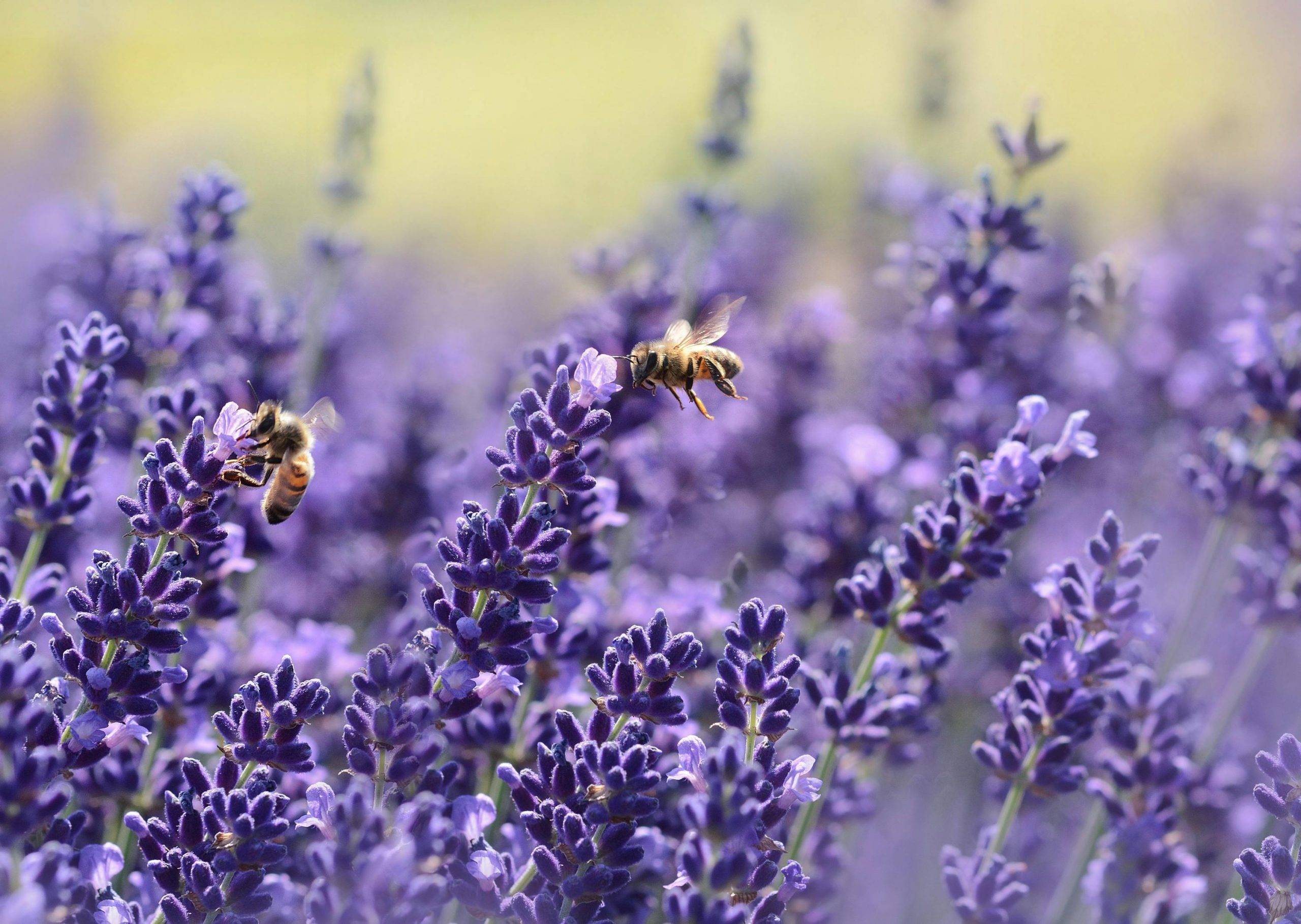Bees are not just insects; they are integral players in the intricate web of life on our planet. So, grab your beekeeper’s hat, because we’re about to embark on a journey to uncover the importance of bees in agriculture and ecosystems.
In the delicate dance of nature, bees play a role far more significant than their tiny frames suggest. These industrious insects are not just a charming feature of the countryside—they are essential to the very fabric of life on Earth. At the heart of their importance lies the crucial act of pollination, a process that sustains ecosystems, drives agricultural productivity, and shapes the landscapes we call home.
Pollination is the transfer of pollen grains from the male reproductive organs of a flower to the female reproductive organs, leading to fertilization and the production of seeds and fruits. Bees are among the most efficient and effective pollinators, visiting flowers in search of nectar and inadvertently transferring pollen as they move from blossom to blossom. This process is not just beneficial; it is indispensable to the reproduction of countless plant species, including many of the crops that form the basis of our food supply.
Approximately one-third of the food we eat relies on pollination by bees and other pollinators. From apples and almonds to tomatoes and zucchinis, a diverse array of fruits, vegetables, and nuts owe their existence to the tireless work of bees. Without their pollination services, these crops would struggle to produce the yields needed to sustain global food security, leading to shortages, price hikes, and nutritional deficiencies.
But the importance of bees goes beyond agriculture. In natural ecosystems, bees play a vital role in maintaining biodiversity and ecosystem stability. They pollinate a vast array of wildflowers, trees, and shrubs, contributing to the reproduction of plants that form the foundation of terrestrial habitats. From the lush rainforests of the Amazon to the sprawling grasslands of the African savanna, bees are instrumental in shaping the landscapes that support countless species, from insects to mammals.
Bees are keystone species in many ecosystems, meaning that they have a disproportionately large impact on their environment relative to their abundance. Their presence influences the abundance and distribution of other organisms, from insects that rely on flowers for food to predators that prey on herbivorous insects. In this way, bees act as linchpins, holding ecosystems together and maintaining the intricate balance of life.
Unfortunately, bee populations worldwide are facing unprecedented challenges that threaten their survival. Habitat loss, pesticide exposure, climate change, and diseases have all contributed to declines in bee numbers in recent years. Colony Collapse Disorder (CCD), a phenomenon where entire bee colonies suddenly disappear, has become a widespread concern, with implications for agriculture, ecosystems, and human well-being.
In the face of these challenges, it is imperative that we take action to protect bees and their habitats. This includes reducing pesticide use, preserving and restoring bee-friendly habitats, supporting sustainable beekeeping practices, and raising awareness about the importance of bees and pollination. By working together to address the threats facing bees, we can help ensure their survival and secure the many benefits they provide to humanity and the natural world.

Leave a Reply